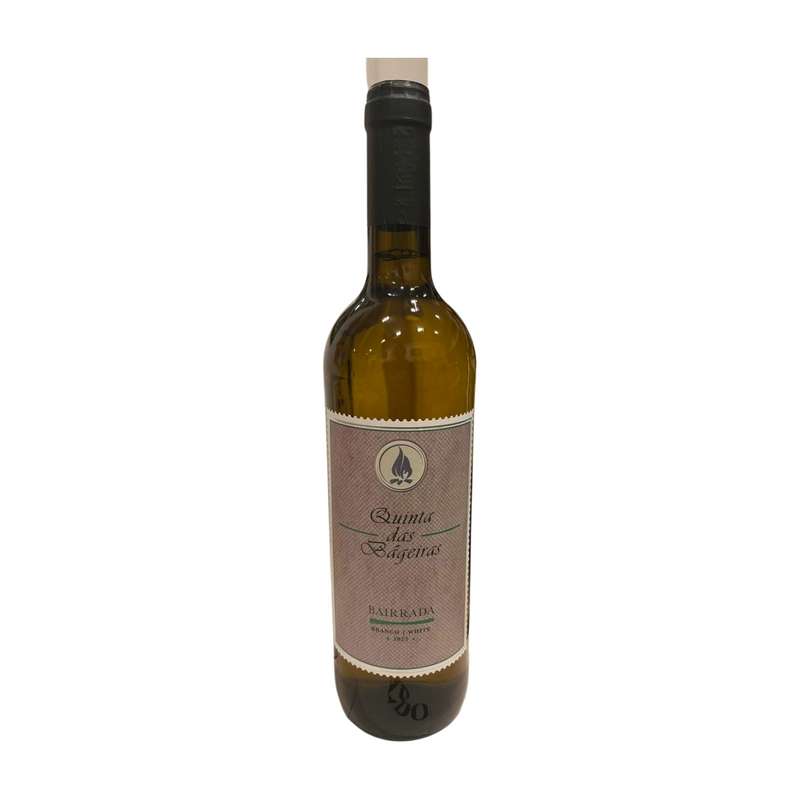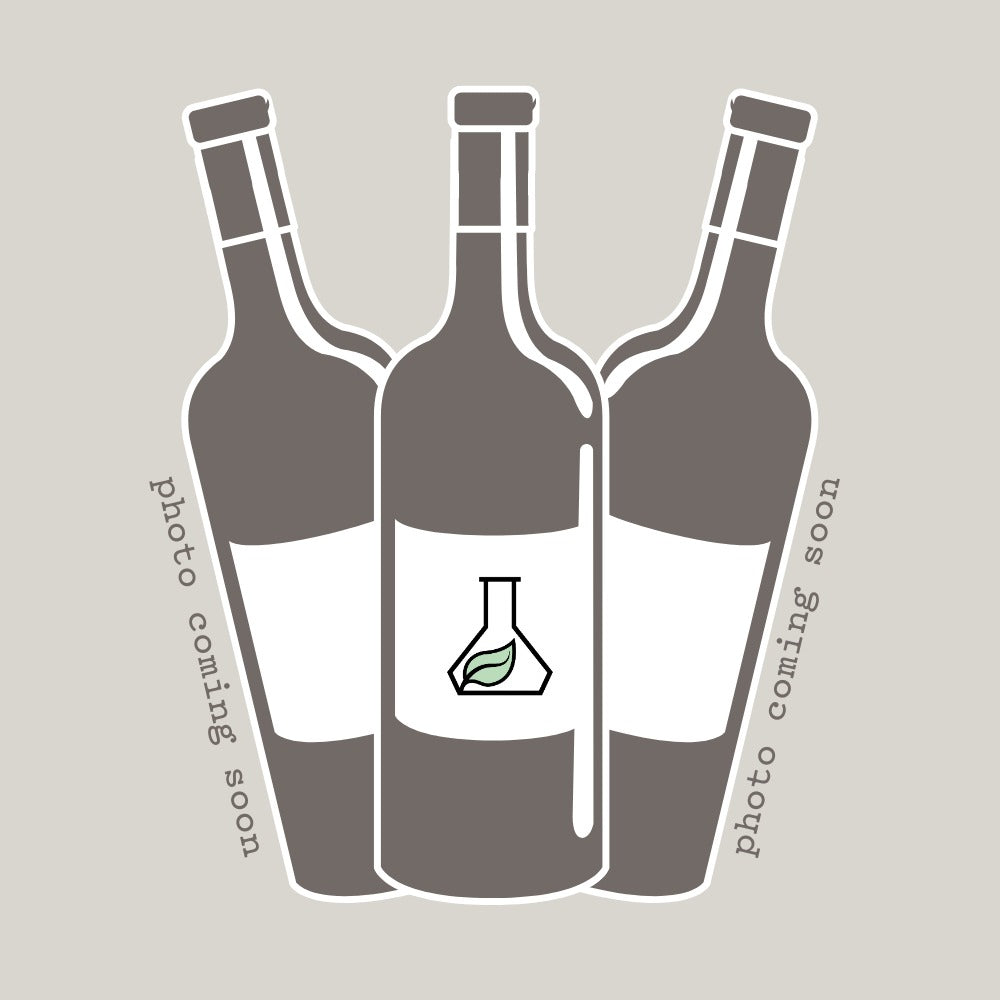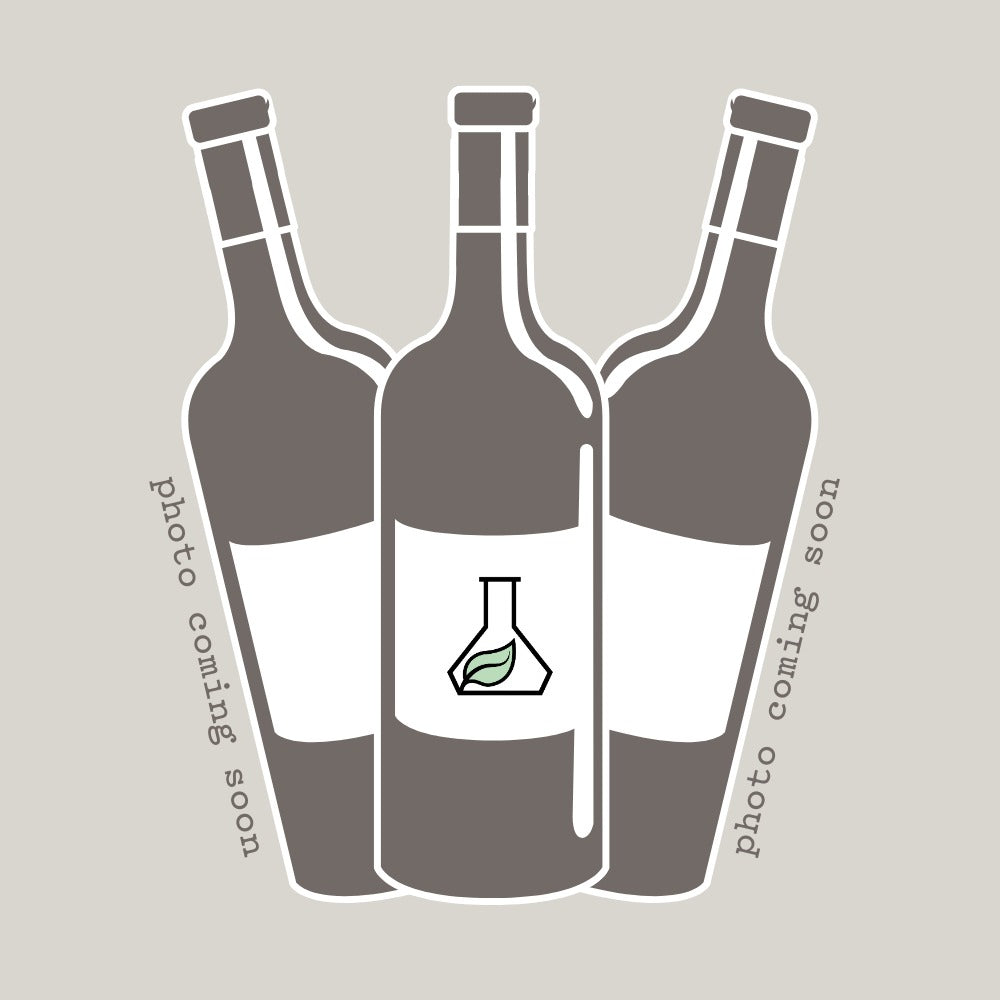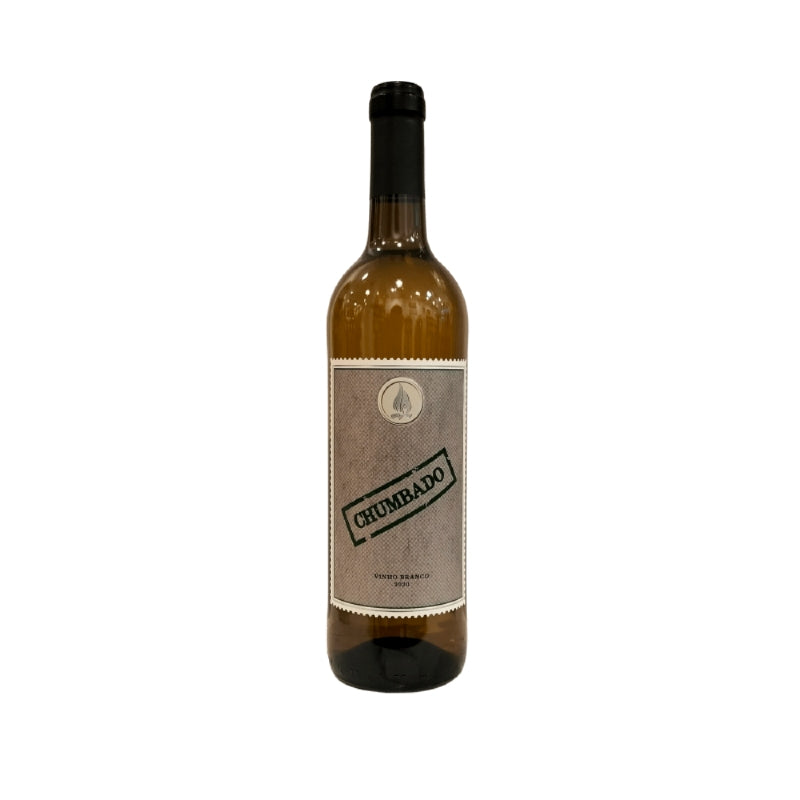Quinta das Bágeiras
Quinta das Bágeiras is a testament to the enduring traditions of the Bairrada wine region, a narrative that began its modern chapter in 1989. It was in this year that Mário Sérgio Nuno Alves, with a clear vision, transformed the estate from a grape supplier to a producer of its own bottled wines. This pivotal shift marked the official birth of Quinta das Bágeiras, a family-run winery deeply rooted in its connection to the land. Before this, the estate's fruitful vineyards contributed to the broader Bairrada wine production, but Mário Sérgio recognized the inherent potential for something more, a chance to express the unique character of his own terroir.
The estate's vineyards, a collection of plots bearing evocative names like "Bagieras," "Figueira da Coast," and "Water Pond," are a study in microclimatic diversity. Each plot, with its distinct altitude, soil composition, and sun exposure, provides an optimal environment for specific grape varieties. This nuanced approach to viticulture allows Quinta das Bágeiras to craft wines that truly reflect their origins. A philosophy of minimal intervention guides the estate's practices, both in the vineyard and the winery. Sustainable viticulture, focusing on organic methods whenever possible, is paramount. This commitment translates to a reduction in chemical inputs, promoting biodiversity and fostering a healthy ecosystem for the vines.
Quality is the cornerstone of Quinta das Bágeiras' winemaking philosophy. Meticulous hand-harvesting ensures that only the finest, ripest grapes are selected, allowing the unique characteristics of each variety and vineyard to shine through in the final wines. This dedication to detail extends to the winery, where fermentation often relies on indigenous yeasts, allowing the grapes' natural expression to take center stage. Notably, the estate preserves traditional winemaking techniques, such as using Lagares for some red wines, where foot treading gently extracts flavor and color. Quinta das Bágeiras presents a diverse portfolio encompassing red, white, and sparkling wines, each a testament to the Bairrada region's potential. While the estate's focus is not solely on accolades, its commitment to quality has garnered recognition through positive reviews and high scores from respected wine publications.
In essence, Quinta das Bágeiras represents a distinct voice within the Bairrada region. Its emphasis on family legacy, sustainable practices, and minimalist winemaking techniques results in authentic wines of their terroir. The winery's history is one of respect for tradition, combined with a forward-thinking approach to quality, ensuring that the legacy of Quinta das Bágeiras will continue to thrive.
Filters
Portuguese wine
Frequently asked questions
The entire country of Portugal is divided into 14 different wine regions, including in the Azores and Madeira islands. Some of Portugal's most famous winemaking regions include the Douro Valley (known for Port) and Vinho Verde (known for its light, refreshing white wines).
Portugal is becoming more well known for its orange wines, talha wines (traditionally made in clay pots), and palhete (made by blending red and white grapes together).
Portugal is best known for its fortified wine, called Port wine. It is produced in the Douro Valley, which is a UNESCO World Heritage Site and recognized as the world's first demarcated wine region, established in 1756.
Vinho Verde in northern Portugal is another popular winemaking region characterized by rolling hills and lush landscapes. It's known around the world for low-alcohol, refreshing white wines, although the region traditionally focused more on red wines made with the fruit-forward vinhão grape.
The Portuguese island of Madeira, with its subtropical climate, is renowned for its fortified wines. Winemaking here dates back to the 15th century, when Portuguese
explorers brought grape varieties from around the world.
Our sustainable, natural wine shop is located in the Marquês neighborhood in Porto, Portugal. We also ship to countries around the world, including within Europe, the United States, Canada, Australia, China, and more. Review our Shipping Policy to learn more.
In recent years, there has been a notable shift toward sustainable viticulture and the production of natural wine in Portugal. Many winemakers are implementing organic farming practices and embracing biodiversity to maintain soil health and reduce chemical inputs. This commitment to sustainability is not only beneficial for the environment but also enhances the quality of the wines, allowing the unique characteristics of the terroir to shine through. For example, some winemakers are now utilizing ancient terracotta amphorae for fermentation (called talha in Portuguese). This method preserves regional cultural heritage, enhances the wine's character, and aligns with sustainable practices by reducing reliance on modern materials.




